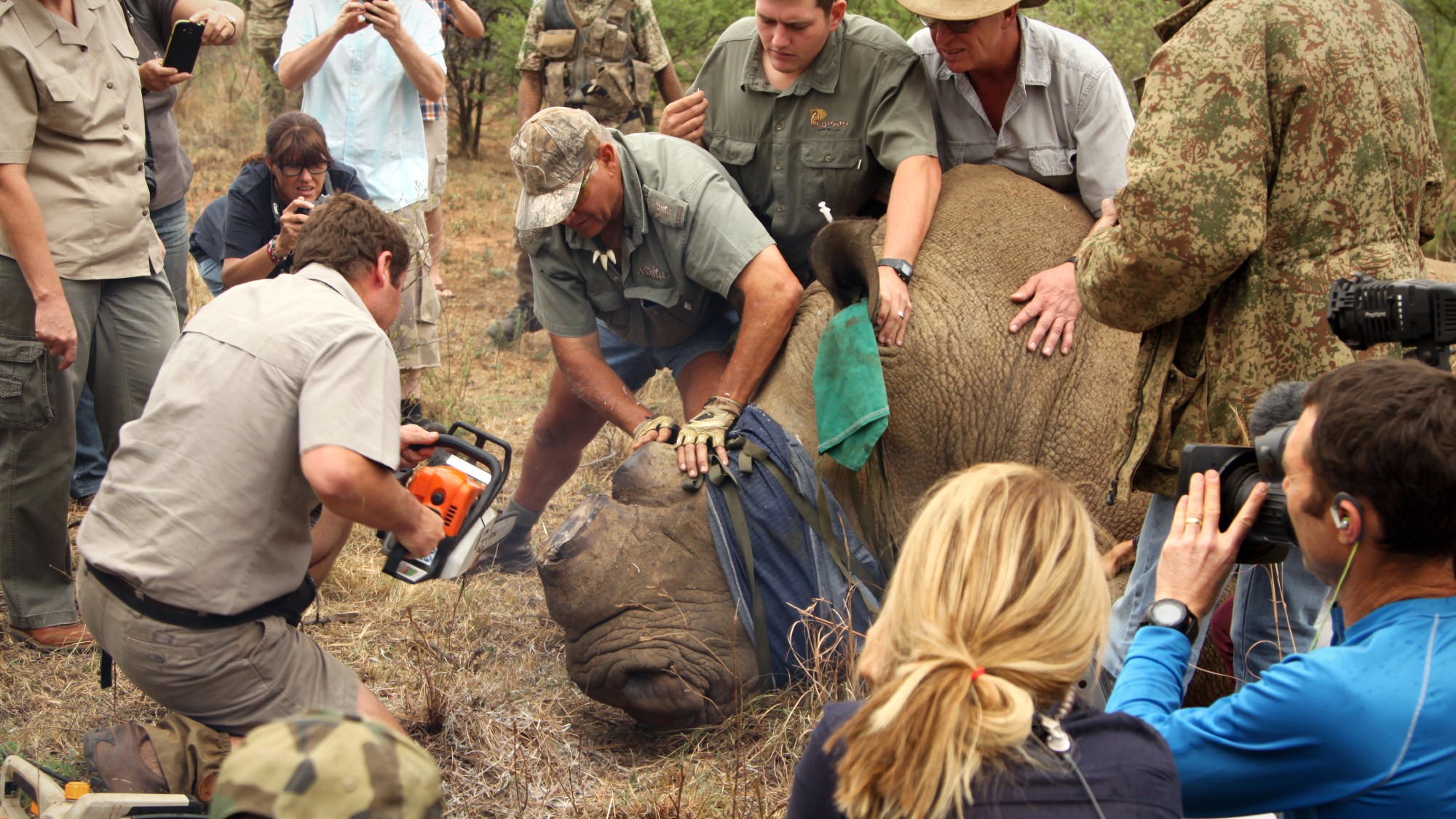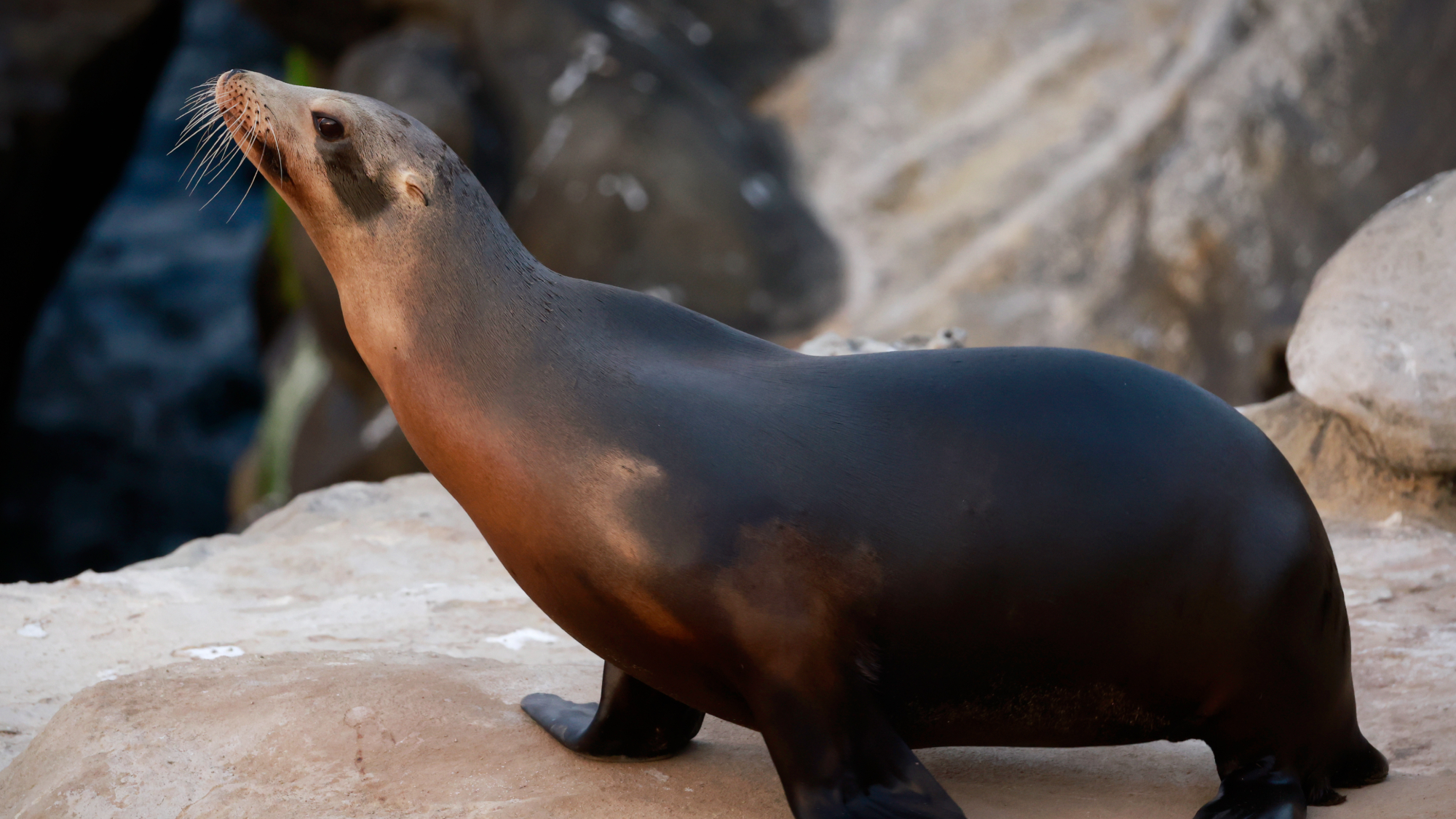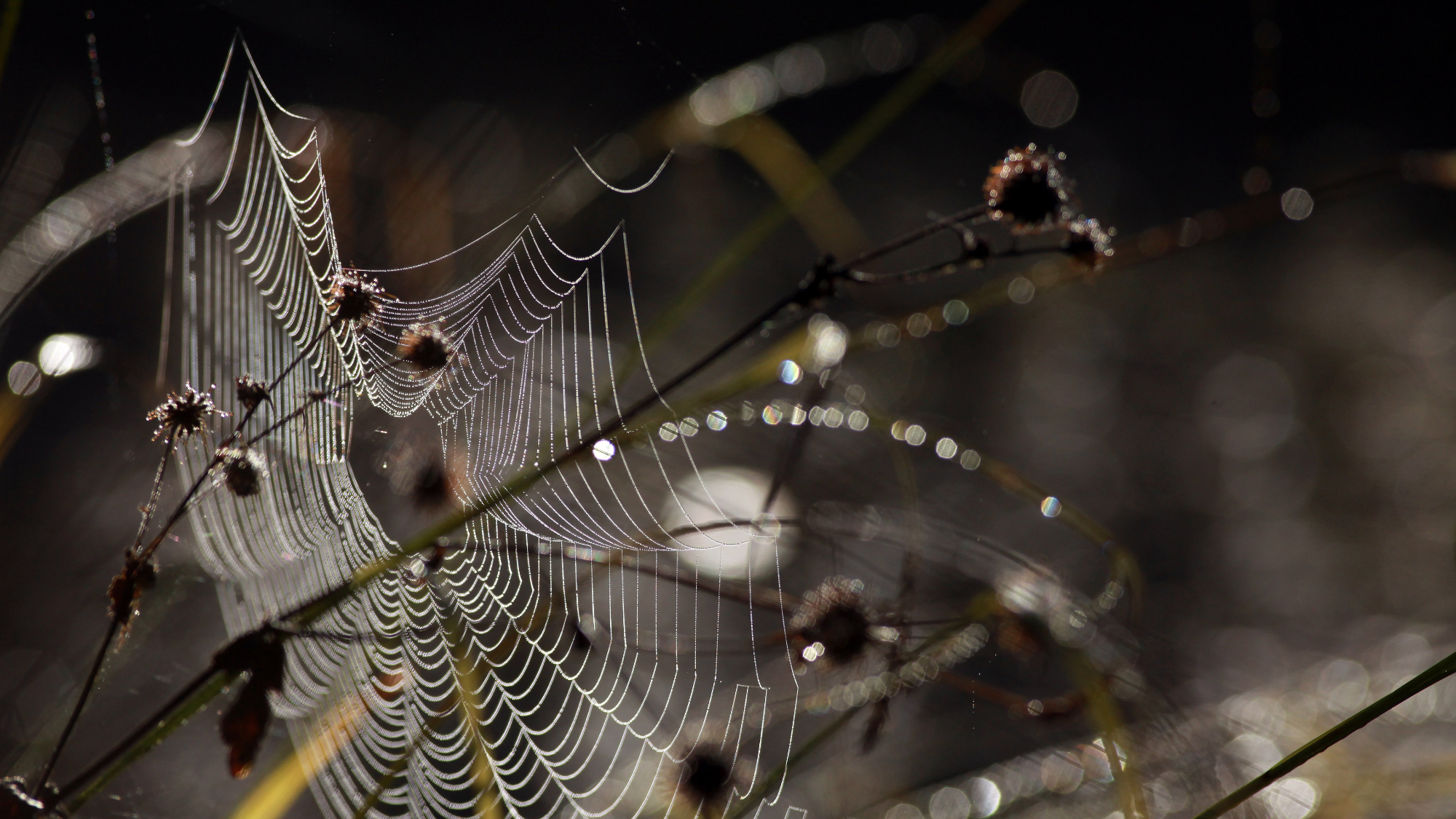Scientists predict a 'mini ice age' will hit in 15 years


Scientists are predicting that in 15 years, a "mini ice age" will bring extremely cold temperatures to Earth.
University of Northumbria solar researchers made a new model of the sun's activity that they say provides "unprecedentedly accurate predictions," the Telegraph reports. Fluid movements within the sun are believed to create 11-year cycles in the weather, the scientists say, and in 2030, those movements will meet in a way to cause a drastic drop in temperatures. Prof. Valentina Zharkova says the result will be similar to freezing conditions in the 17th century, when Europe and North America experienced bitterly cold winters; historical records indicate that from 1683 to 1684, the River Thames froze for more than seven weeks, and was "passable by foot."
While conducting research, Zharkova and her team found that magnetic wave components appear in pairs, and originate in two different layers inside the sun. "They both have a frequency of approximately 11 years, although this frequency is slightly different, and they are offset in time," she said. "Over the cycle, the waves fluctuate between the northern and southern hemispheres of the sun. Combining both waves together and comparing to real data for the current solar cycle, we found that our predictions showed an accuracy of 97 percent."
Subscribe to The Week
Escape your echo chamber. Get the facts behind the news, plus analysis from multiple perspectives.

Sign up for The Week's Free Newsletters
From our morning news briefing to a weekly Good News Newsletter, get the best of The Week delivered directly to your inbox.
From our morning news briefing to a weekly Good News Newsletter, get the best of The Week delivered directly to your inbox.
Sign up for Today's Best Articles in your inbox
A free daily email with the biggest news stories of the day – and the best features from TheWeek.com
Catherine Garcia has worked as a senior writer at The Week since 2014. Her writing and reporting have appeared in Entertainment Weekly, The New York Times, Wirecutter, NBC News and "The Book of Jezebel," among others. She's a graduate of the University of Redlands and the Columbia University Graduate School of Journalism.
-
 After Israel's brazen Iran attack, what's next for the region and the world?
After Israel's brazen Iran attack, what's next for the region and the world?TODAY'S BIG QUESTION After decades of saber-rattling, Israel's aerial assault on Iranian military targets has pushed the Middle East to the brink of all-out war
-
 7 touring theater productions that are out to bring the joy
7 touring theater productions that are out to bring the joyThe Week Recommends 'Hamilton' and 'Wicked' never die, and neither does ABBA
-
 College grads are seeking their first jobs. Is AI in the way?
College grads are seeking their first jobs. Is AI in the way?In The Spotlight Unemployment is rising for young professionals
-
 Dehorning rhinos sharply cuts poaching, study finds
Dehorning rhinos sharply cuts poaching, study findsSpeed Read The painless procedure may be an effective way to reduce the widespread poaching of rhinoceroses
-
 Breakthrough gene-editing treatment saves baby
Breakthrough gene-editing treatment saves babyspeed read KJ Muldoon was healed from a rare genetic condition
-
 Sea lion proves animals can keep a beat
Sea lion proves animals can keep a beatspeed read A sea lion named Ronan beat a group of college students in a rhythmic dance-off, says new study
-
 Humans heal much slower than other mammals
Humans heal much slower than other mammalsSpeed Read Slower healing may have been an evolutionary trade-off when we shed fur for sweat glands
-
 Novel 'bone collector' caterpillar wears its prey
Novel 'bone collector' caterpillar wears its preySpeed Read Hawaiian scientists discover a carnivorous caterpillar that decorates its shell with the body parts of dead insects
-
 Scientists find hint of alien life on distant world
Scientists find hint of alien life on distant worldSpeed Read NASA's James Webb Space Telescope has detected a possible signature of life on planet K2-18b
-
 Katy Perry, Gayle King visit space on Bezos rocket
Katy Perry, Gayle King visit space on Bezos rocketSpeed Read Six well-known women went into lower orbit for 11 minutes
-
 Scientists map miles of wiring in mouse brain
Scientists map miles of wiring in mouse brainSpeed Read Researchers have created the 'largest and most detailed wiring diagram of a mammalian brain to date,' said Nature
